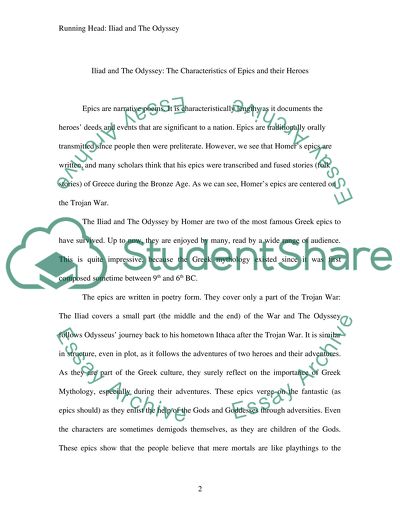Cite this document
(“What Characteristics of the Ideals of a Hero are Revealed in Homer's Essay”, n.d.)
What Characteristics of the Ideals of a Hero are Revealed in Homer's Essay. Retrieved from https://studentshare.org/literature/1441011-what-characteristics-of-the-ideals-of-a-hero-are
What Characteristics of the Ideals of a Hero are Revealed in Homer's Essay. Retrieved from https://studentshare.org/literature/1441011-what-characteristics-of-the-ideals-of-a-hero-are
(What Characteristics of the Ideals of a Hero Are Revealed in Homer'S Essay)
What Characteristics of the Ideals of a Hero Are Revealed in Homer'S Essay. https://studentshare.org/literature/1441011-what-characteristics-of-the-ideals-of-a-hero-are.
What Characteristics of the Ideals of a Hero Are Revealed in Homer'S Essay. https://studentshare.org/literature/1441011-what-characteristics-of-the-ideals-of-a-hero-are.
“What Characteristics of the Ideals of a Hero Are Revealed in Homer'S Essay”, n.d. https://studentshare.org/literature/1441011-what-characteristics-of-the-ideals-of-a-hero-are.


